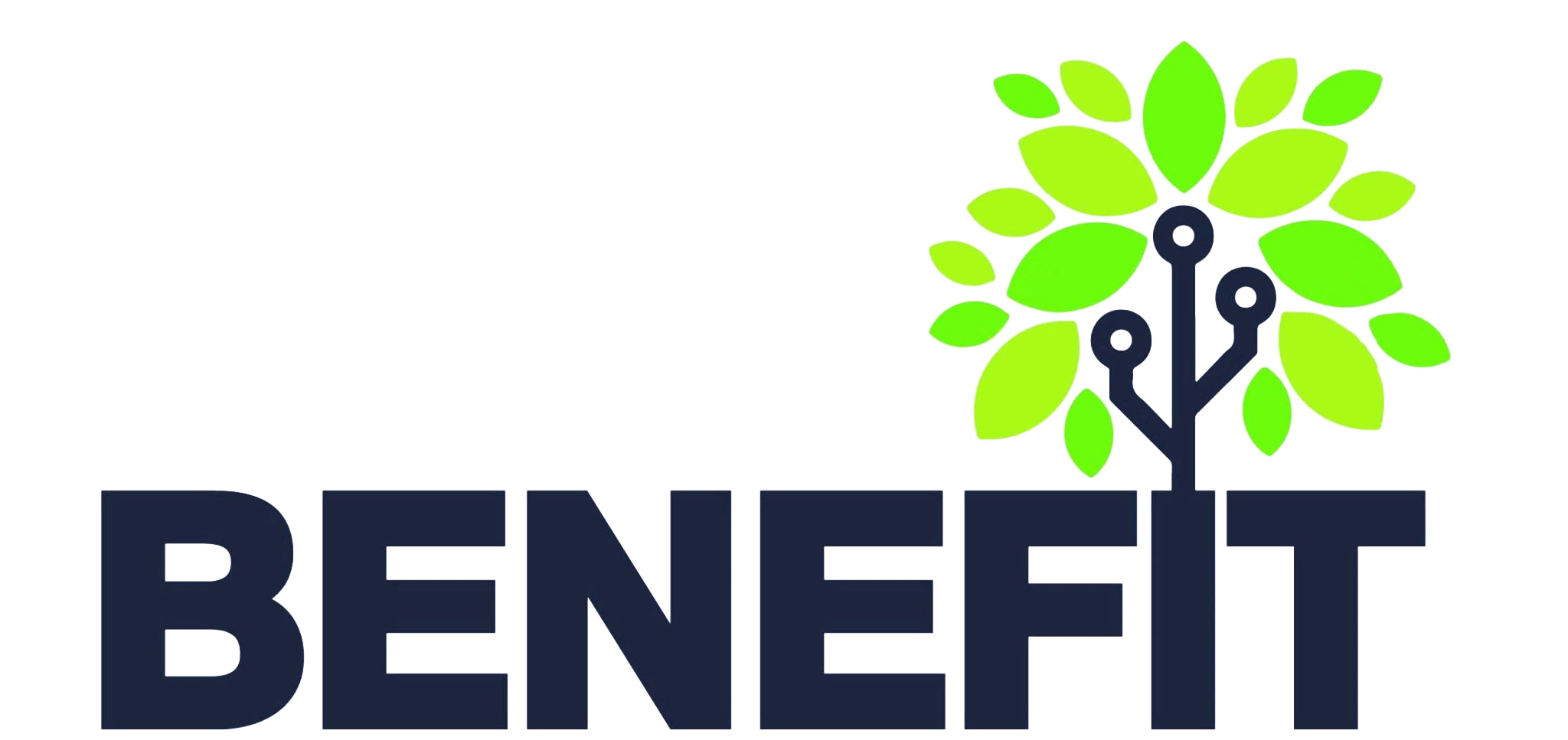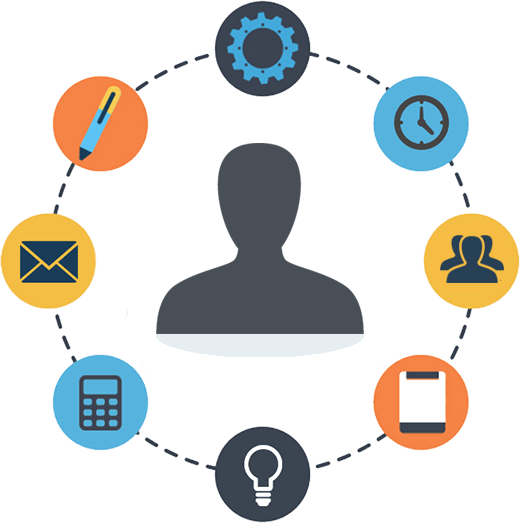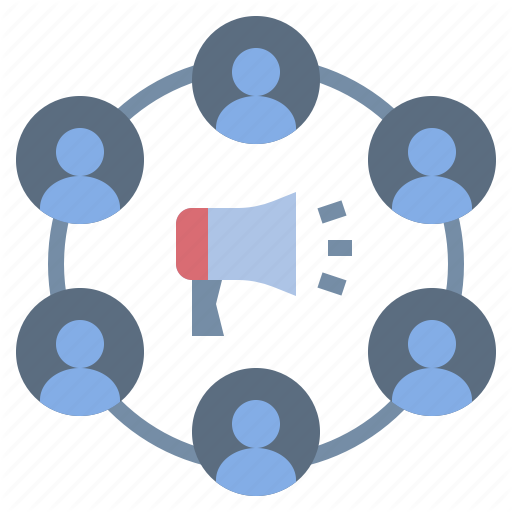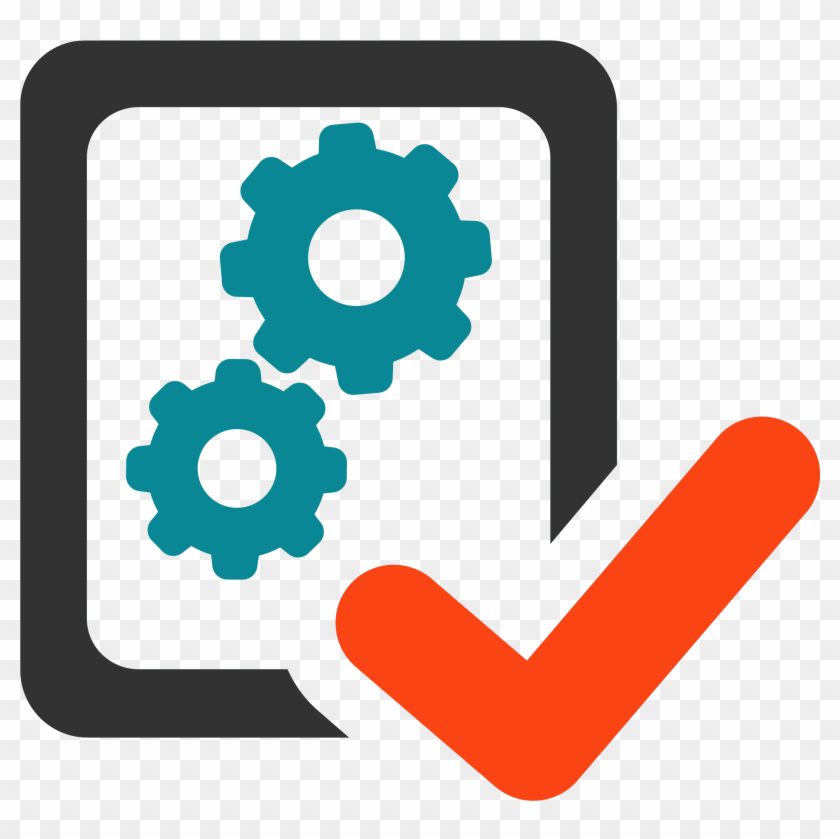Description:
Lead Organization: Slovak University of Agriculture
The development work- package should start the knowledge and expertise of the consortium into executing the TORs of the first instructional phase which will lead to the conception of the engineering TORs for the development phase.
Based on the output of the previous phase – Terms of Reference – each Palestinian partner will start the development of their own Curricula and Syllabus.
The process will contain the following activities:
- Identify Issues/Problems/Desires/Needs which emerges from a concern of concreate target audience (university). This phase also includes the selection of the members of a curriculum development team and include: (i) the roles and functions of team members, (ii) a process for selecting members of the curriculum development team, and (ii) principles of collaboration and teamwork. The goal is to obtain expertise for the areas included in the scope of the curriculum content among the team members and develop an effective team.
- Conduct Needs Assessment and Analysis – as a technique will be used SWOT analysis; KAP methods – Knowledge, Attitude, and Practice Survey; focus groups; and environmental scanning. In this phase the techniques for identification of gaps between knowledge and practice; trends emerging from the technologies; and identification of the characteristics of the target groups.
- Refine and restate the issue, if needed, and develop the intended outcomes or educational objectives. An intended outcome will state what the learner will be able to do as a result of participating in the curriculum activities. This section includes: (i) a definition of intended outcomes, (ii) the components of intended outcomes (condition, performance, and standards), (iii) examples of intended outcomes, and (iv) an overview of learning behaviors.
- Select Content – at this point, knowledge, skills, attitudes, and behaviors will be described, the scope and the sequence of the content will be discussed as well.
- Design Experiential Methods – activities and learning experiences will be defined as well as learning styles and a list of types of activities with detailed descriptions.
- Produce Curriculum Product – Once the content and experiential methods have been agreed upon, the actual production of curriculum materials will begin, and this phase incorporates the following sections:
- suggestions for finding and evaluating existing materials.
- evaluation criteria.
- suggestions for producing curriculum materials.
- Infrastructure and deployment This phase plans the installation process for the whole equipment’s related to pilot site for digital agriculture and piloting, including equipment’s installation, deployment and testing equipment’s





